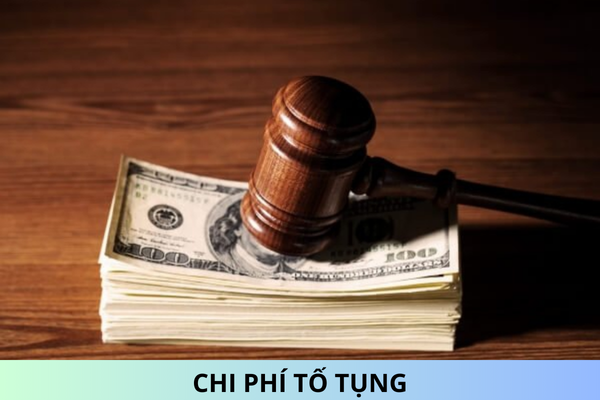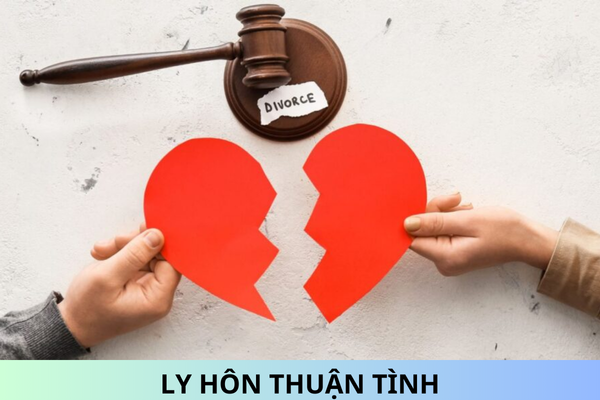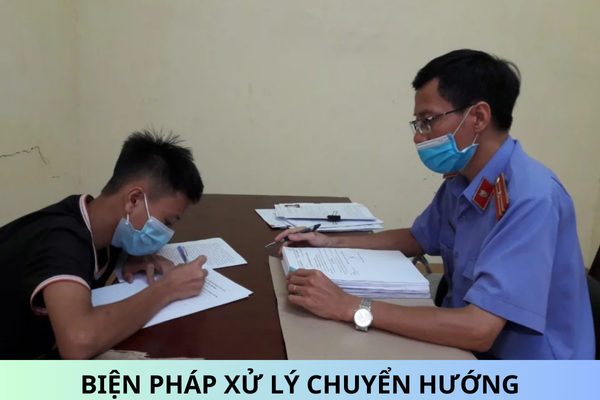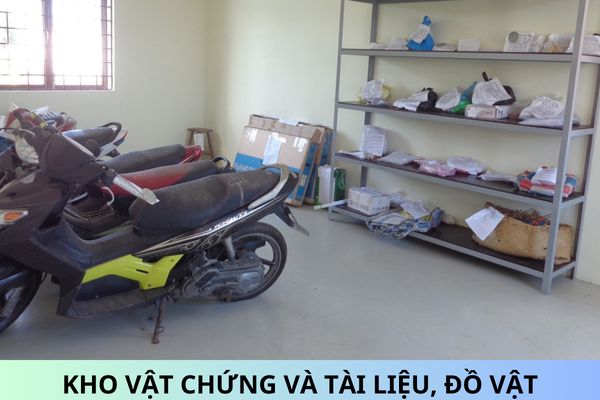What are regulations on supervising the content examination of the first-instance civil judgment regarding the introductory section in Vietnam?
What are regulations on supervising the content examination of the first-instance civil judgment regarding the introductory section in Vietnam? Thank you!
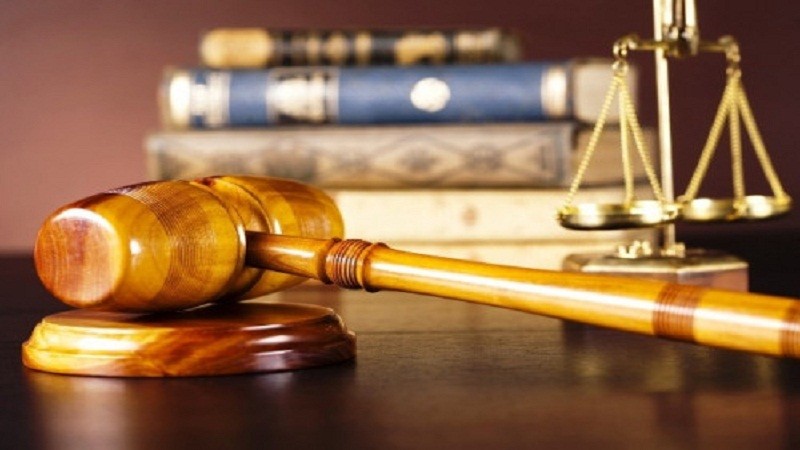
What are regulations on supervising the content examination of the first-instance civil judgment regarding the introductory section in Vietnam? - image from internet
Based on Point a, Clause 4, Article 6 of Decision 399/QD-VKSTC in 2019, the regulations on supervising the content examination of the first-instance civil judgment regarding the introductory section in Vietnam are stipulated as follows:
- Regarding the disputed relationship: Based on the presentation of the parties in the content of the case in the judgment, and in accordance with Articles 26, 28, 30, and 32 of the Civil Procedure Code, the official determines whether the court's determination of the disputed relationship is correct or not.
- Regarding the deadline for trial preparation: Based on the date the court receives the case to determine whether the court's decision to bring the case to trial meets the requirements stated in Clause 1 Article 203 of the Civil Procedure Code. In the case of extending the deadline for trial preparation, attention must be paid to the conditions for extension, such as the complexity of the case or objective obstacles caused by force majeure events. If the deadline is measured in months, it is determined according to the provisions of the Civil Code (hereinafter abbreviated as CC).
- Regarding the deadline for holding the trial session: Based on the date the court decides to bring the case to trial to determine whether the deadline for holding the first-instance trial session complies with the provisions of Clause 4, Article 203 of the Civil Procedure Code. In case the trial session is postponed according to the provisions of Article 233 of the Civil Procedure Code or temporarily suspended according to the provisions of Article 259 of the Civil Procedure Code, the time for resuming the trial session must be examined. If the deadline for holding the trial session is extended, the reasons for the extension must be determined and evaluated to determine whether they are justified.
- Regarding the composition of the first-instance trial panel: By comparing the composition of the trial panel, the legal status of the members of the trial panel is determined whether it is correct or not according to the decision to bring the case to trial. Special attention should be given to cases where the judge, people's assessor, or court clerk who participated in the case resolution are rejected or replaced, as stipulated in Clause 3 Article 53 and Clause 2 Article 54 of the Civil Procedure Code.
- Regarding the presence and legal capacity of the litigants, representatives, protectors of rights and legitimate interests, witnesses, experts, interpreters, etc.: It is examined whether the presence and legal capacity of the litigants, representatives, protectors of rights and legitimate interests, witnesses, experts, interpreters, etc. are in accordance with the decision to bring the case to trial. In case the litigants, representatives, protectors of rights and legitimate interests are absent, the reasons for their absence must be determined to examine whether the court's decision to postpone the trial session or proceed with the trial is in accordance with Articles 227 and 228 of the Civil Procedure Code. In the case of witnesses, experts, or interpreters being absent from the trial session, the court's handling should be examined according to the provisions of Articles 229, 230, and 231 of the Civil Procedure Code.
- Regarding the legal capacity in civil law and the civil conduct capacity of the litigants and other participants in the proceedings: The official examines by comparing the documents in the file (birth certificate, identity card, household registration book, medical records, etc.) to determine the age, cognitive capacity, and ability to control the conduct of the litigants. Attention should be given to the examination and evaluation of the authorization procedure, the content of the authorization, and the scope of authorization in the case where a representative participates in the proceedings.
- Regarding the time limit for filing a lawsuit: Based on the provisions of Clause 1, Article 184 of the Civil Procedure Code, it is examined whether the time limit for filing a lawsuit is met. It is noted that the time limit is only applied upon the request of one or more parties involved and this request must be made before the court of first instance issues a judgment or decision to resolve the civil case. At the same time, the examination includes determining the moment when the court decides to calculate the time limit for filing a lawsuit. In cases where the time limit for filing a lawsuit is applied, the official relies on Articles 132, 429, 588, 623, and 671 of the Civil Code and related laws to determine the time limit for filing a lawsuit for each corresponding dispute. Additionally, it is important to note that time is not counted towards the time limit for filing a civil case, as stipulated in Article 156 of the Civil Code.
- Regarding the right to file a lawsuit, the scope of the lawsuit, the content of the lawsuit by the plaintiff; the counterclaim by the defendant; the request for independence by the person with related rights and obligations: Based on the provisions of Articles 186, 187, 188, 189, 200, 201, and 202 of the Civil Procedure Code, the official examines whether the right to file a lawsuit, the scope of the lawsuit, and the content of the lawsuit by the plaintiff are in accordance with the decision to bring the case to trial. The examination also includes determining whether the counterclaim by the defendant and the request for independence by the person with related rights and obligations are within the scope of the lawsuit. If there are any discrepancies or inconsistencies, they must be identified and evaluated.
- Regarding the form and content of the lawsuit, the counterclaim, and the request for independence: The official examines whether the form and content of the lawsuit, the counterclaim, and the request for independence meet the requirements stipulated in Article 190 of the Civil Procedure Code. The examination includes checking whether the lawsuit is filed in writing, whether it contains the necessary information and evidence, and whether it is signed by the plaintiff or their representative. If there are any deficiencies or irregularities, they must be identified and evaluated.
- Regarding the claims and the bases for the claims in the lawsuit, the counterclaim, and the request for independence: The official examines whether the claims and the bases for the claims in the lawsuit, the counterclaim, and the request for independence are supported by sufficient evidence and legal grounds. The examination includes reviewing the arguments and evidence presented by the parties, as well as the relevant laws and regulations. If there are any inconsistencies or deficiencies, they must be identified and evaluated.
- Regarding the evidence and the evaluation of evidence: The official examines whether the evidence presented by the parties is admissible and relevant to the case. The examination includes checking whether the evidence meets the requirements stipulated in Article 95 of the Civil Procedure Code, such as being legally obtained and not obtained through illegal means. The official also evaluates the credibility and probative value of the evidence, and determines whether the court's evaluation of the evidence is reasonable and logical. If there are any deficiencies or inconsistencies, they must be identified and evaluated.
- Regarding the procedural acts of the parties, the court, and other participants in the proceedings: The official examines whether the procedural acts of the parties, the court, and other participants in the proceedings are in accordance with the provisions of the Civil Procedure Code and other relevant laws and regulations. The examination includes checking whether the parties have complied with the rules and deadlines for submitting documents, attending hearings, and fulfilling other procedural obligations. If there are any violations or irregularities, they must be identified and evaluated.
- Regarding the court's handling of the case: The official examines whether the court has properly handled the case in accordance with the provisions of the Civil Procedure Code and other relevant laws and regulations. The examination includes checking whether the court has conducted the necessary hearings and investigations, whether it has given the parties an opportunity to present their arguments and evidence, and whether it has made a reasoned and well-founded decision. If there are any deficiencies or errors in the court's handling of the case, they must be identified and evaluated.
- Regarding the conclusion and decision of the court: The official examines whether the conclusion and decision of the court are based on the facts and evidence presented in the case, and whether theyare in accordance with the provisions of the Civil Procedure Code and other relevant laws and regulations. The examination includes checking whether the court has correctly applied the law to the facts of the case, whether it has considered all relevant legal provisions, and whether its decision is reasonable and fair. If there are any discrepancies or errors in the court's conclusion and decision, they must be identified and evaluated.
- Regarding the legal remedies available to the parties: The official examines whether the court has correctly informed the parties of their legal remedies, such as the right to appeal or request a cassation review. The examination includes checking whether the court has provided the parties with the necessary information and guidance on how to exercise their legal remedies, and whether it has complied with the procedural requirements for filing an appeal or a request for cassation review. If there are any deficiencies or omissions in the court's handling of the legal remedies, they must be identified and evaluated.
- Regarding the court fees and other costs of the proceedings: The official examines whether the court fees and other costs of the proceedings have been properly calculated and collected in accordance with the provisions of the Civil Procedure Code and other relevant laws and regulations. The examination includes checking whether the court has correctly determined the amount of court fees and other costs, whether it has provided the parties with the necessary information on how to pay the fees and costs, and whether it has properly accounted for and documented the collection of fees and costs. If there are any discrepancies or irregularities in the calculation and collection of fees and costs, they must be identified and evaluated.
- Regarding the enforcement of the judgment: The official examines whether the court has taken the necessary measures to enforce the judgment, such as issuing an enforcement order and monitoring the enforcement process. The examination includes checking whether the court has properly notified the parties of the enforcement order, whether it has provided them with the necessary information on how to comply with the order, and whether it has monitored.
Best regards!
